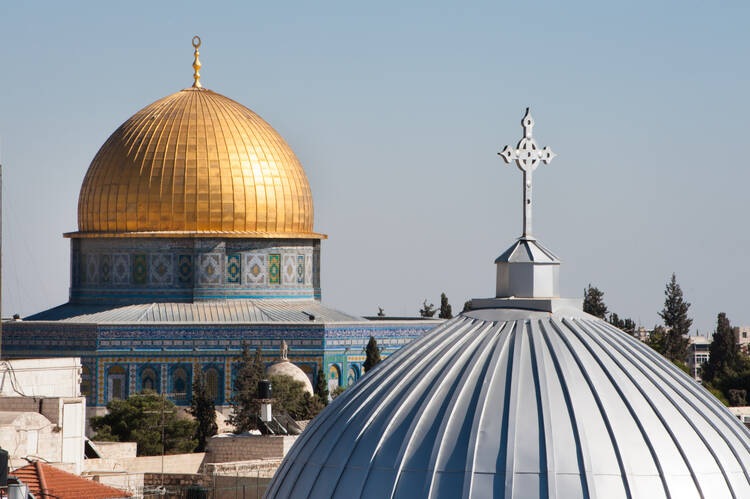Subscribe on Apple Podcasts
Subscribe on Spotify
By the time you listen to this episode, we may already know who the 46th president of the United States will be. But whoever wins, there is one thing we can say with certainty now: We remain a divided country. So this week, we wanted to talk to someone who has been working across divisions for over a decade: Dr. Eboo Patel. In 2002, Eboo founded the Interfaith Youth Core, an organization that works with colleges, governments and social service agencies to increase interfaith cooperation. He also served on President Barack Obama’s inaugural Advisory Council on Faith-Based Neighborhood Partnerships.
Eboo believes that it is impossible to understand what is happening in our world—and in the 2020 election—without paying attention to and engaging with people’s diverse religious commitments. We ask Eboo what lessons he has learned from his interfaith work that might help us to heal the fractures of our body politic.
With the election results very much still up in the air at recording time, we decided it didn’t make a lot of sense to try to read the signs of the times this week. But stick around after the interview for our (non-election related) Consolations and Desolations.
A reminder that we are discussing Pope Francis’ latest encyclical, “Fratelli Tutti,” in reading groups (over drinks) with all members of our Patreon community throughout the month of November. Even if you missed the first meeting, there’s still time to sign up to support the show and guarantee a spot in the reading group.








